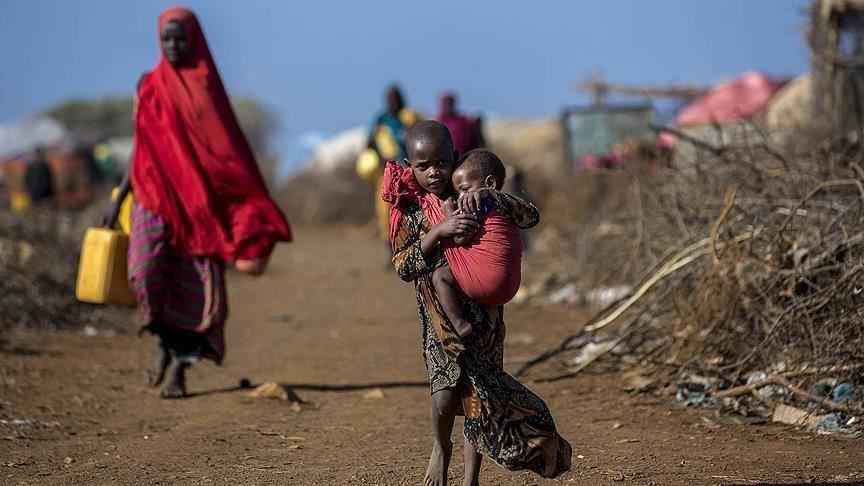
ADDIS ABABA, Ethiopia
The African Development Bank (AfDB) has warned that many African countries are still far off the mark in efforts to eliminate extreme poverty.
In its annual report, the AfDB says the current level of performance of most countries does not meet the standard required to achieve the Sustainable Development Goal of eradicating extreme poverty by the decade’s end.
"Under business-as-usual scenarios, many countries in Africa would not achieve the Sustainable Development Goal of eradicating extreme poverty (reducing it to 3% by 2030)," said the report titled African Economic Outlook 2020: Developing Africa's Workforce for the Future.
The flagship annual publication was launched on the sidelines of the 33rd African Union (AU) Summit under way in Ethiopia’s capital, Addis Ababa.
It says only about a third of African countries have managed to achieve inclusive growth, reducing both poverty and inequality. “Growth has been inclusive in only 18 of 48 African countries … Africa’s per capita consumption would need to grow by 10.25% a year to meet the 3% target by 2030,” the report states.
It calls for “bold and pragmatic actions” to accelerate progress and “[…] deepen structural reforms to diversity Africa’s productive base and revive growth".
Growth stable and rising
Speaking at the report launch, AU Commissioner for Economic Affairs Victor Harison said Africa’s economic growth was stable in 2019 and is expected to pick up in coming years.
According to the AfDB report, the continent’s average economic growth last year stood at 3.4% and is projected to rise to 3.9% in 2020 and 4.1% in 2021. The growth rate, however, is likely to remain below Africa’s historical highs.
The report notes an improvement in growth fundamentals amid a gradual shift from private consumption to exports and investments. “For the first time in a decade, investment accounted for more than half the continent’s growth, with private consumption accounting for less than one third,” it said.
The AfDB has highlighted a persistent rise in inflation and debt, coupled with low level of inclusive development, as the factors that could most hinder positive growth.
“Inflation remains persistently high. However, the average inflation rate inched down by 2 percentage points from 11.2% in 2018 to 9.2% in 2019,” said the report.
Another key component of the report is the development of Africa’s future workforce. "Africa has the youngest population in the world. Around 70% of Africa's 1.2 billion people are between the ages of 18 and 35,” Harison said at the launch ceremony.
The report highlights the need for concentrated efforts to nurture future workers and their skills.
“Skills and qualifications are not adequately utilized in Africa’s labor markets. Close to half of employed youth perceive their skills as mismatched with their jobs while around two-thirds of youth have inadequate education.
“This high prevalence of skill and education mismatches has detrimental effects on wages, job satisfaction, and job search,” it said.
The AfDB has pointed out that improving basic literacy “is as important as expanding higher education” and will be vital to “increase economic complexity and better integrate Africa into the modern knowledge economy".
Anadolu Agency website contains only a portion of the news stories offered to subscribers in the AA News Broadcasting System (HAS), and in summarized form. Please contact us for subscription options.







